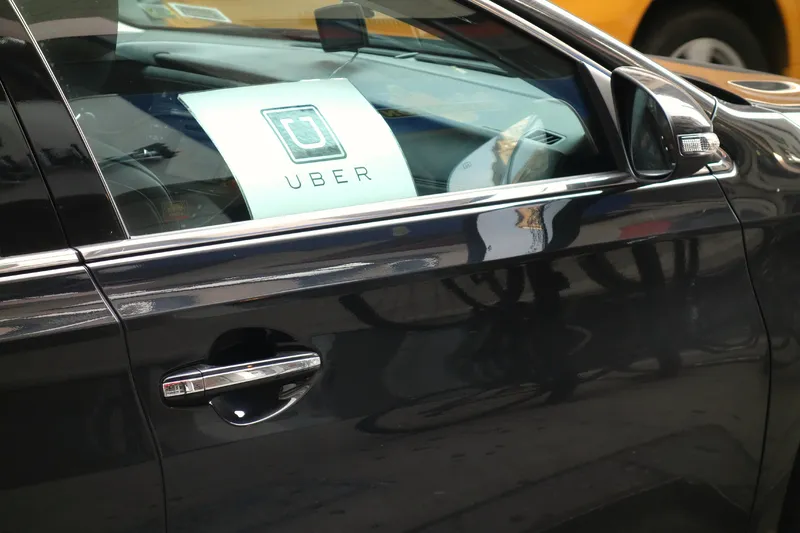Hawaii’s Lt. Governor Brian Schatz has announced that AeroVironment has been selected to help lead the way to a cleaner transportation future through an $820,000 contract from the Hawaii EV Ready Grants Programme.
February 2, 2012
Read time: 1 min
Hawaii’s Lt. Governor Brian Schatz has announced that 2132 AeroVironment has
been selected to help lead the way to a cleaner transportation future
through an $820,000 contract from the Hawaii EV Ready Grants Programme.
The contract will fund the deployment of up to 320 AeroVironment
240-volt electric vehicle (EV) charging docks throughout the islands.
Once deployment is completed, Hawaii will have one of America’s first
statewide public charging networks supporting electric vehicle drivers.








